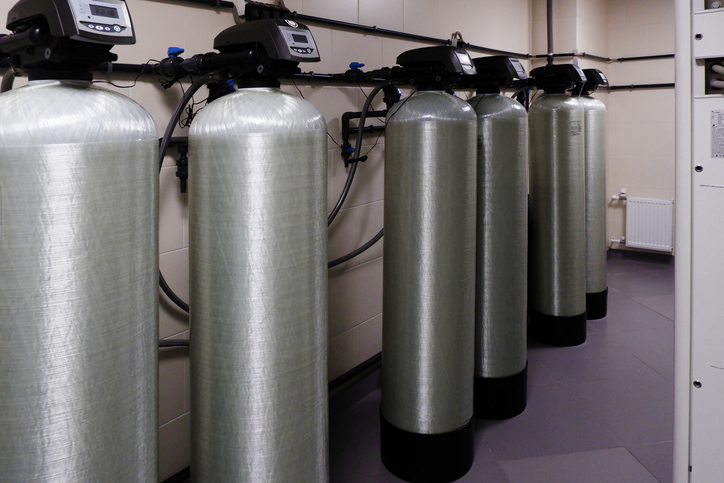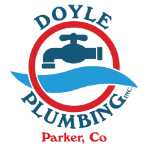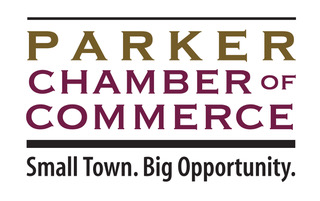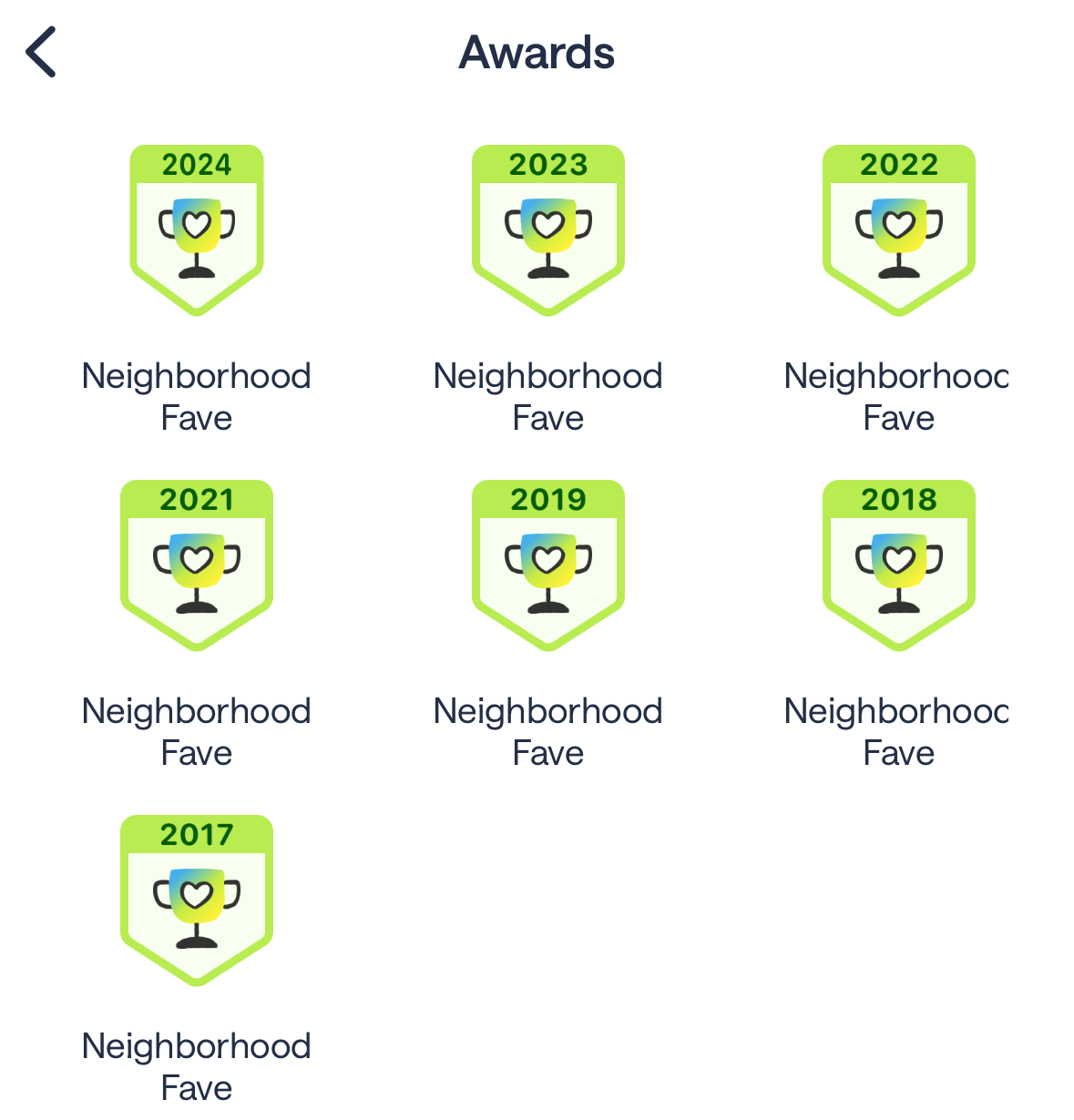Introduction
Hard water is a common problem in many households, causing scale buildup, appliance inefficiency, and dry skin. Water softeners in Parker, CO, solve these issues by removing minerals like calcium and magnesium that result in hardness. At the heart of a water softener is a scientific process known as ion exchange, which replaces hardness-causing minerals with sodium or potassium ions. This leads to softer water that is easier on your plumbing, appliances, and skin. Understanding how these systems work can help homeowners choose the right solution for improving water quality and system efficiency.
Understanding How Water Softeners Improve Water Quality
1. Ion Exchange: How Water Is Softened Scientifically
Soft water systems use ion exchange technology to remove minerals from hard water. The system contains resin beads charged with sodium ions. When the hard water passes through, the beads attract calcium and magnesium ions and release sodium in exchange. This process transforms hard water into soft water without changing its essential composition. Once the beads become saturated with minerals, they must be regenerated with a salt solution to restore their softening ability.
2. Problems Caused by Hard Water in the Home
Hard water can clog pipes, reduce water pressure, and shorten the lifespan of water-based appliances. Scale deposits from minerals can coat heating elements and fixtures, leading to inefficiencies and higher energy bills. It also affects cleaning, requiring more soap and detergent to get things clean. Over time, these issues lead to expensive repairs or replacements. A water softener prevents these problems by eliminating the minerals before they can cause damage.
3. Maintenance Needs for Long-Term Softener Effectiveness
To ensure continued performance, hardness reduction systems need periodic maintenance. This includes checking salt levels, cleaning the brine tank, and scheduling professional servicing. During regeneration, the unit flushes minerals out of the resin bed using a saltwater solution. Without regular upkeep, the system may lose effectiveness, causing hard water issues to return. Proper care ensures long-lasting and efficient operation.
4. Eco-Friendly Advancements in Water Softening Technology
Modern water softening systems are more environmentally friendly than older models. They use less salt and water during regeneration and are designed to minimize waste. Some systems use potassium chloride as an alternative to sodium for ion exchange. High-efficiency models regenerate based on actual water use rather than a preset schedule. These features make hard water treatment units a greener choice for today’s households.
Water conditioning systems use a proven scientific process to eliminate hard minerals, resulting in improved water quality and fewer plumbing issues. The benefits extend beyond comfort—users enjoy energy savings, longer appliance life, and reduced maintenance costs. When properly maintained and carefully selected, these systems offer reliable, long-term performance. For environmentally conscious households, efficient models with reduced salt use are available. Alongside water filtration in Lonetree, CO, a water softener is a wise investment for achieving a healthier and more efficient home.
Conclusion
Improve your home’s water quality with Doyle Plumbing! Call our experts at 720-638-8839 for expert water conditioning services in Parker, CO, that residents trust. Enjoy softer water, longer-lasting appliances, and reduced plumbing issues today.
📌 Your Local Comfort Experts — Now Serving You as Doyle Plumbing, Offering the Same Fast and Reliable Plumbing Services You Know and Trust.


